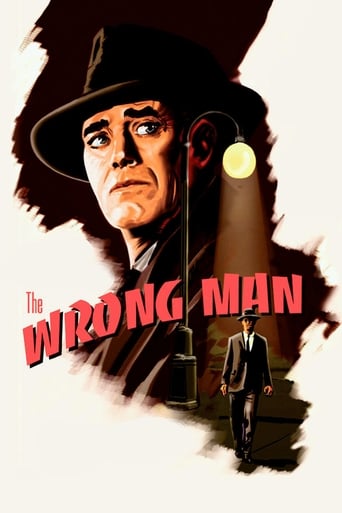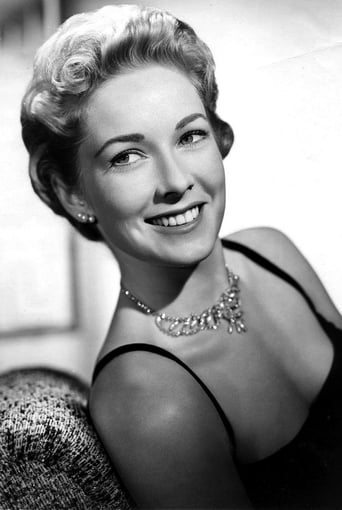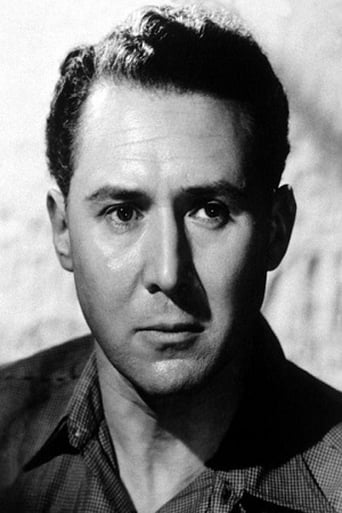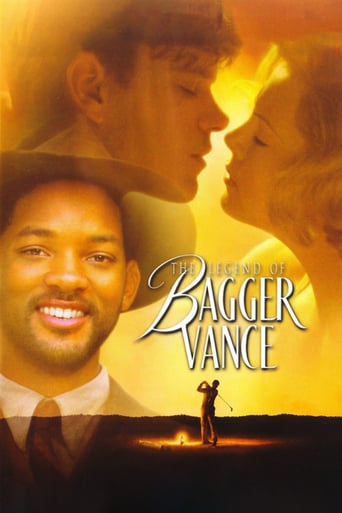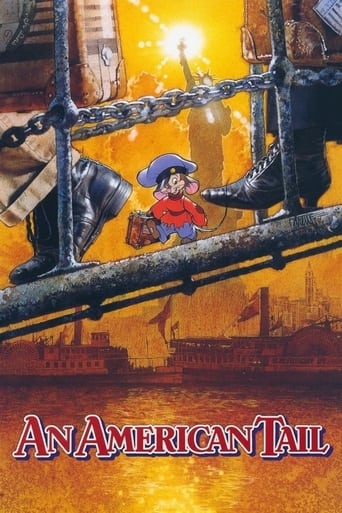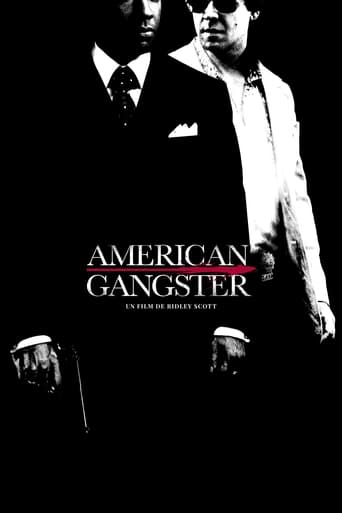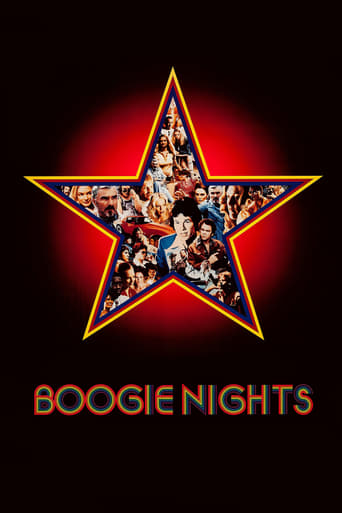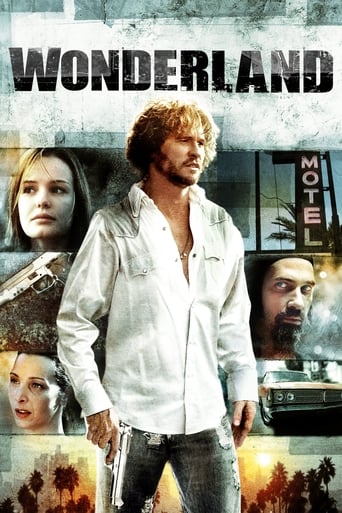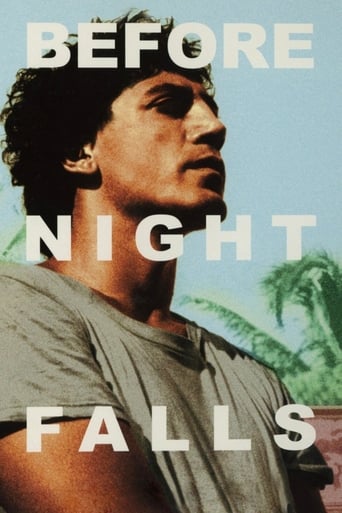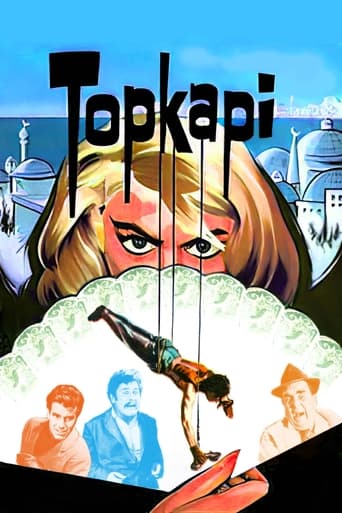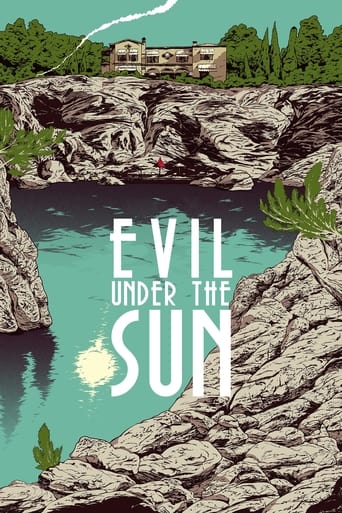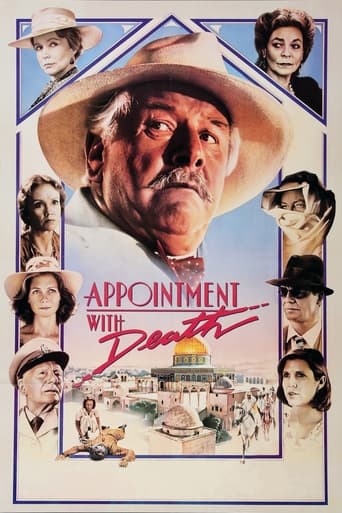The Wrong Man (1956)
In 1953, an innocent man named Christopher Emmanuel "Manny" Balestrero is arrested after being mistaken for an armed robber.
Watch Trailer
Free Trial Channels
Cast


Similar titles
Reviews
What makes it different from others?
Really Surprised!
It's a good bad... and worth a popcorn matinée. While it's easy to lament what could have been...
All of these films share one commonality, that being a kind of emotional center that humanizes a cast of monsters.
As the detectives tell wrongly accused bass player Manny Balestero (Henry Fonda) (picked up for holding up an insurance office at gunpoint) that if he's innocent he has nothing to fear, you realize that once placed in the criminal justice system, he has everything to fear, especially the prospect of losing his wife and family who adore him. Unlike Marnie (Tippie Hedrin) or Marian Crane (Janet Leigh's part in Psycho), who actually did take the money, Fonda is so completely innocent that that aspect is what provides this film with its most compelling force. How could such a decent guy be thrown into such an impersonal and seemingly coldhearted system, as he's arrested, fingerprinted, jailed, transported in a paddy wagon with other felons to his arraignment, and a lot more, all done during a bleak looking New York winter in vintage 1950s black and white, set to a Bernard Hermann score that fits perfectly the mood. Not your typical Hitchcock film, but an excellent role for Henry Fonda.
When musician Henry Fonda is accused and arrested for a string of robberies he obviously did not commit, the future looks bleak for him in spite of the fact he's bailed out by wife Vera Miles. What can a man defending his life for a crime he didn't commit do in a city where people are so busy that they identify a man based upon a common trait that could define thousands. In my travels, I see a ton of people, and many look the same.The predicted quiet performance by Henry Fonda is excellent, showing confusion, frustration and rising anger as he faces interrogation by detectives certain of his guilt, and witnesses certain that he's the man who robbed them. With alibis both deceased, there looks to be no way for him to be cleared. As the pressures rise, it takes its toll on his already fragile unstable wife. Among Hitchcock films, this one's a sleeper, forgotten among "Rear Window", "Dial M For Murder!", "The Man Who Knew too Much" and "Vertigo". Every element is outstanding, from the analyzation of the hold up note to the way that the camera follows a handcuffed Fonda as he returns to his jail cell from his preliminary court hearing. The supporting cast is uniformly excellent, with many minor roles filled with future famous actors. The script is subtle yet honest, with Miles suffering a breakdown as the pressures on her rise. This true story is quite potent, and the lead character could be switched with members of minority races who have this happen to them, over and over and...over.
While this film includes the familiar "Hitchcockian" themes of mistaken identity and of unsuspecting people suddenly finding themselves caught in the most exasperating situations, "The Wrong Man" comes with a couple of significant distinctions. Unlike most of Hitchcock's movies, this one is based on the true story of a New York City musician who is wrongly accused of several armed robberies in his Queens neighborhood. Beyond this, the film eventually moves from its focus on the wrongly accused victim to the devastating impact that an infuriating and frustrating sequence of events has upon the mental health of his spouse.Aside from the outstanding direction by the master of suspense himself, the realism of the black and white photography on location in 1956 Manhattan and Queens made me feel as though I were personally experiencing the outrage of the central character, Manny Balestrero (Henry Fonda) and his spouse, Rose (Vera Miles). The eerie musical score of Bernard Hermann seemed to wail from the loneliness and despair of Manny's nightmarish predicament. Finally, the performances of Fonda, Miles, and Anthony Quayle as their attorney (who was experienced but not in criminal matters!) completed the recipe for a unique and absorbing cinematic experience. I had recently seen Miles in John Ford's "The Searchers", which happened to be filmed in the very same year as this, but that role, which I actually found to be annoying, could never reveal her true acting ability as this one did. They were "miles" apart from each other in both depth and intensity.There were many memorable moments in this film worth noting, but a few exceptional segments were the very credible and disturbing shots of Manny being processed as a crime suspect, the scene in the courtroom when he looks around the room to observe the jurors, spectators, and court employees bored and distracted while his very life was on the line, and the moment of prayer when he envisions the sight of the actual criminal walking toward him. By the way, while he may have worn a similar hat and coat, the real culprit didn't look anything like Henry Fonda in my humble opinion. Other reviewers here feel differently.For me, "The Wrong Man" is the right movie, regardless of how disturbing the subject matter of gross injustice and its devastating consequences may be.
This is an under-appreciated Hitchcock film. It concerns a man, Henry Fonda, who lives a full life with his attractive wife, played by Vera Miles. One day, a man is killed during a holdup, and the description fits Fonda to the ugliest detail. What happens is not so much the usual search for the true killer, but a downward spiral in the mental and emotional being of the couple. Henry is confident in the justice system and the police. He believes because you are innocent and you will never be convicted falsely of a crime. This is naive and because the accusers are so certain, he can't defend himself. His alibi is worthless. Of course, things are going to come to a head. However, unlike most of the Master's films, there is a tragic element to it.

